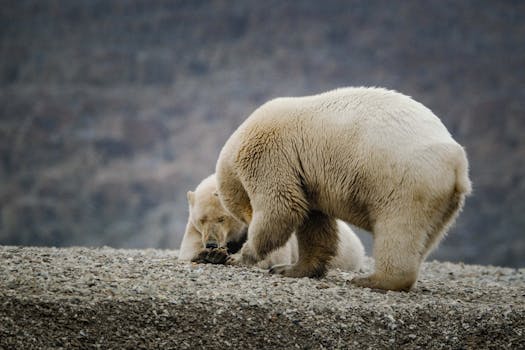
Introduction

The impact of climate change on global ecosystems is increasingly becoming a pressing concern. With rising temperatures and shifting weather patterns, ecosystems around the world are undergoing significant changes. These alterations not only affect the natural environment but also human societies that depend on these ecosystems for survival.
Biodiversity Loss

One critical aspect of climate change is its role in biodiversity loss. As temperatures rise, many species find their habitats unsuitable for survival. According to recent studies, approximately 1 million species are at risk of extinction due to climate change. This loss of biodiversity disrupts food webs and can lead to ecosystem collapse.
Habitat Alteration

Climate change leads to habitat alteration, which affects both terrestrial and aquatic environments. For instance, rising sea levels threaten coastal ecosystems, while increased temperatures can lead to the bleaching of coral reefs. These changes can result in significant shifts in species distributions, making it vital for conservation efforts to adapt accordingly.
Species Adaptation and Migration

Some species are adapting to the changing climate by migrating to cooler areas or altering their behaviors. However, not all species can adapt quickly enough to keep pace with the rapid changes caused by climate change. This mismatch between the rate of climate change and the ability of species to adapt can lead to population declines and increased competition for resources.
Conclusion

The impact of climate change on global ecosystems is a complex and multifaceted issue that requires immediate action. Protecting biodiversity, preserving habitats, and supporting species adaptation are crucial for maintaining the health of our planet. As individuals, communities, and nations, we must work together to address the challenges posed by climate change to ensure a sustainable future for all forms of life.


